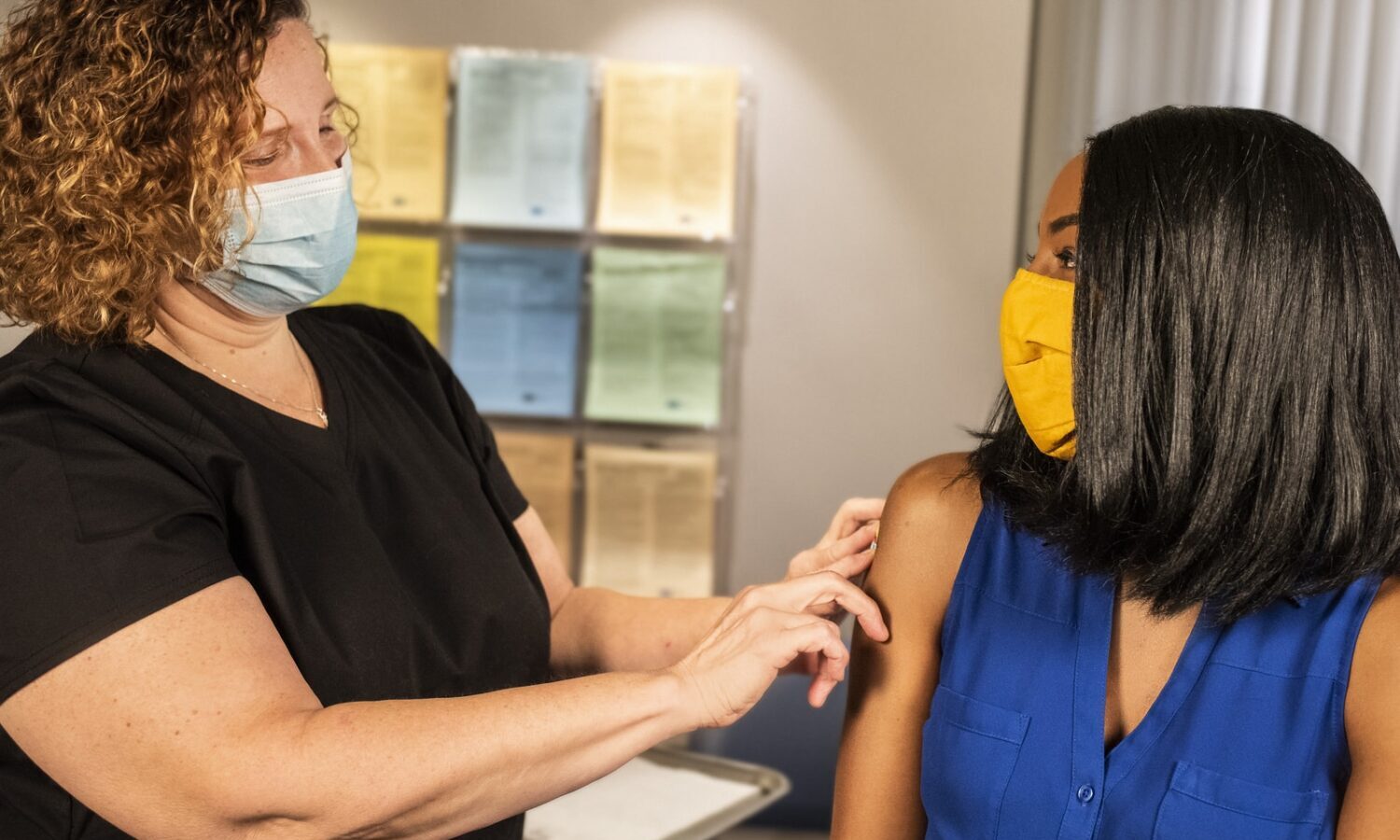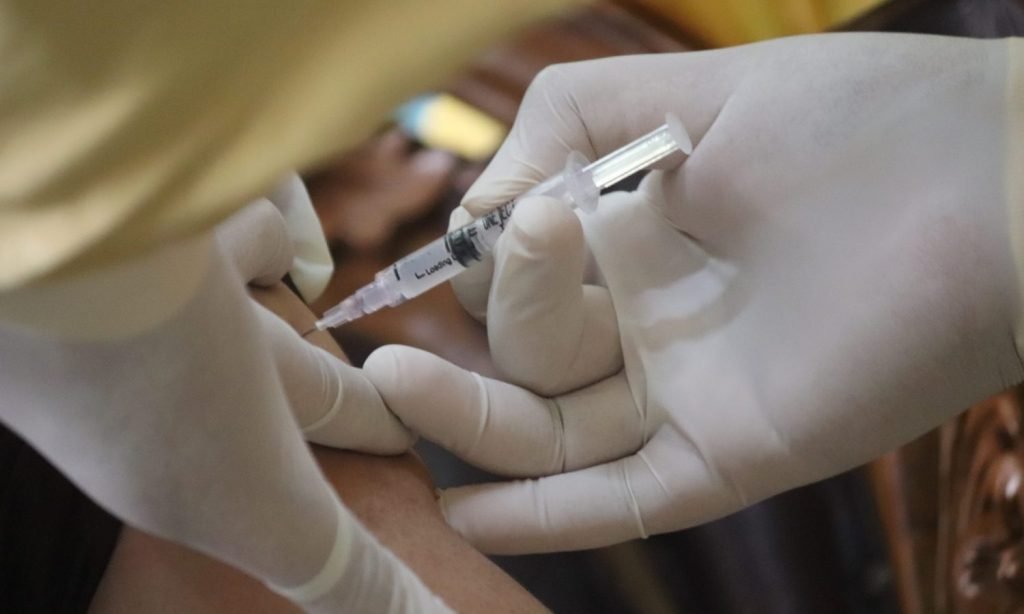
In partnership with The Fresh Toast
New studies show which source of COVID-19 protection is more effective.
COVID-19 protection varies depending on a person’s circumstances. And while there are different sources of protection, two new studies show that there’s a group of people who has more COVID-19 immunity than others.
The studies prove that people with “hybrid immunity” are the best equipped to battle the virus. This immunity refers to people who’ve been fully vaccinated and who’ve also had natural COVID-19 infection. Aside from satisfying some curiosity, these studies also prove how important it is to be vaccinated regardless of the individual’s situation, with vaccines extending protection and minimizing the odds of hospitalization.
RELATED: The Length Of This Body Part Could Impact Your COVID-19 Symptoms

One of the studies had data from thousands of people in Brazil, a country that experienced serious bouts of infection. It showed that those who had a previous infection and then had a Pfizer, AstraZeneca or Moderna vaccine, had their protection was extended to 90%.
The second study, conducted by Swedish researchers, found that people with prior infections and vaccinations were less likely to get reinfected and experience hospitalization.
While the results were expected by researchers and experts, there’s one caveat: they were conducted prior to the Omicron variant, which operates slightly different than the first batch of variants. Still, researchers remain quite hopeful. In the near future, it’s very likely that the majority if the world population will have battled a COVID-19 infection and will have also had a COVID-19 vaccine, something that would then provide protection against emerging variants.
RELATED: Why COVID-19 Sometimes Causes This Unexpected Side Effect
New studies continue to shed a light on COVID-19 and how the disease works. Results from a challenge study — a study where volunteers are exposed to the virus without having vaccines or previous protection and were then monitored for results — were recently released. Results showed the amount of virus that was necessary for infection, the length of time in which people start shedding the virus, and how long they remain contagious. Most interestingly, it also found that half of the participants weren’t affected by the virus, even while having no protection against it.
Read more on The Fresh Toast
Advertising disclosure: We may receive compensation for some of the links in our stories. Thank you for supporting Irvine Weekly and our advertisers.
